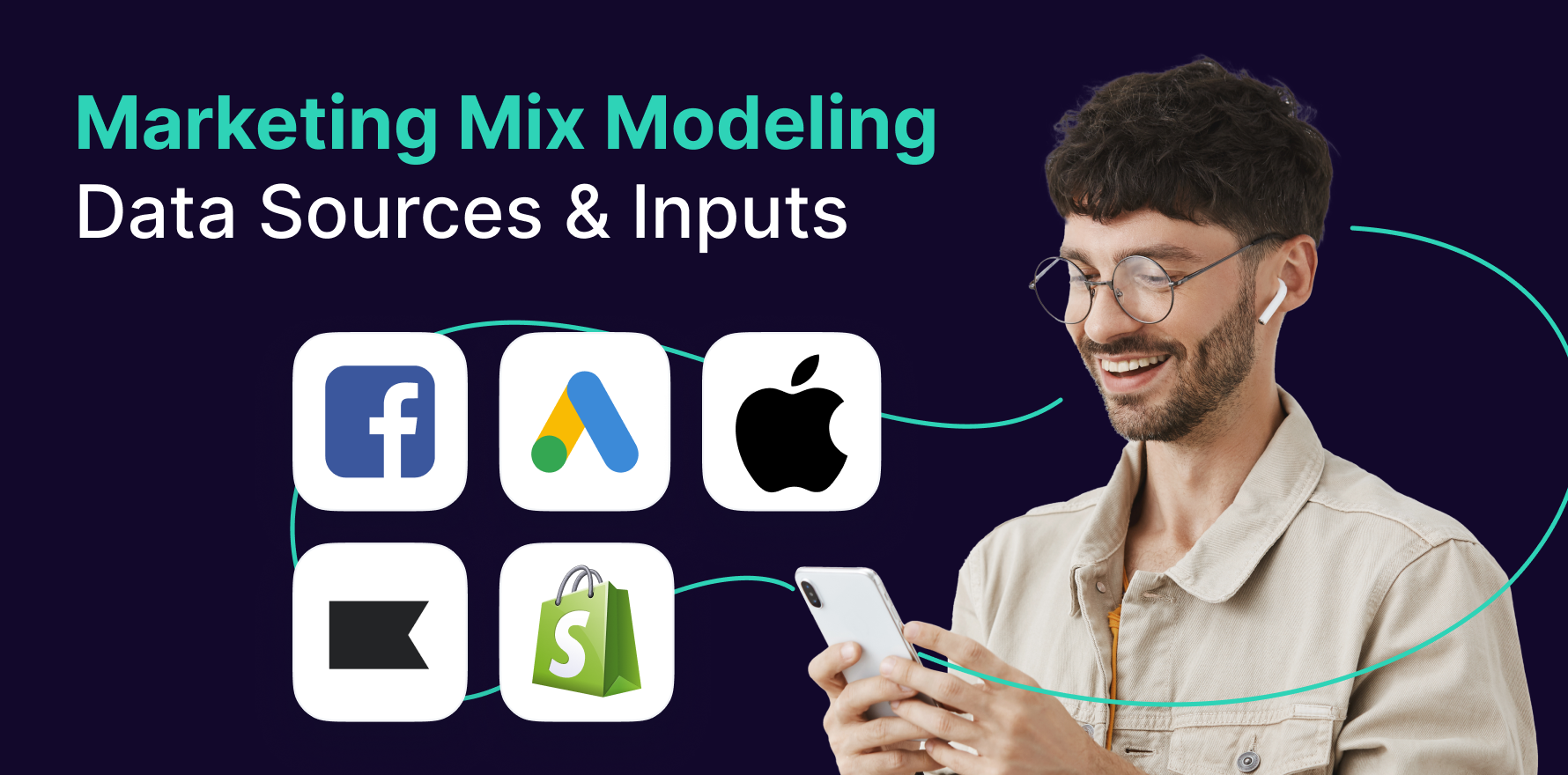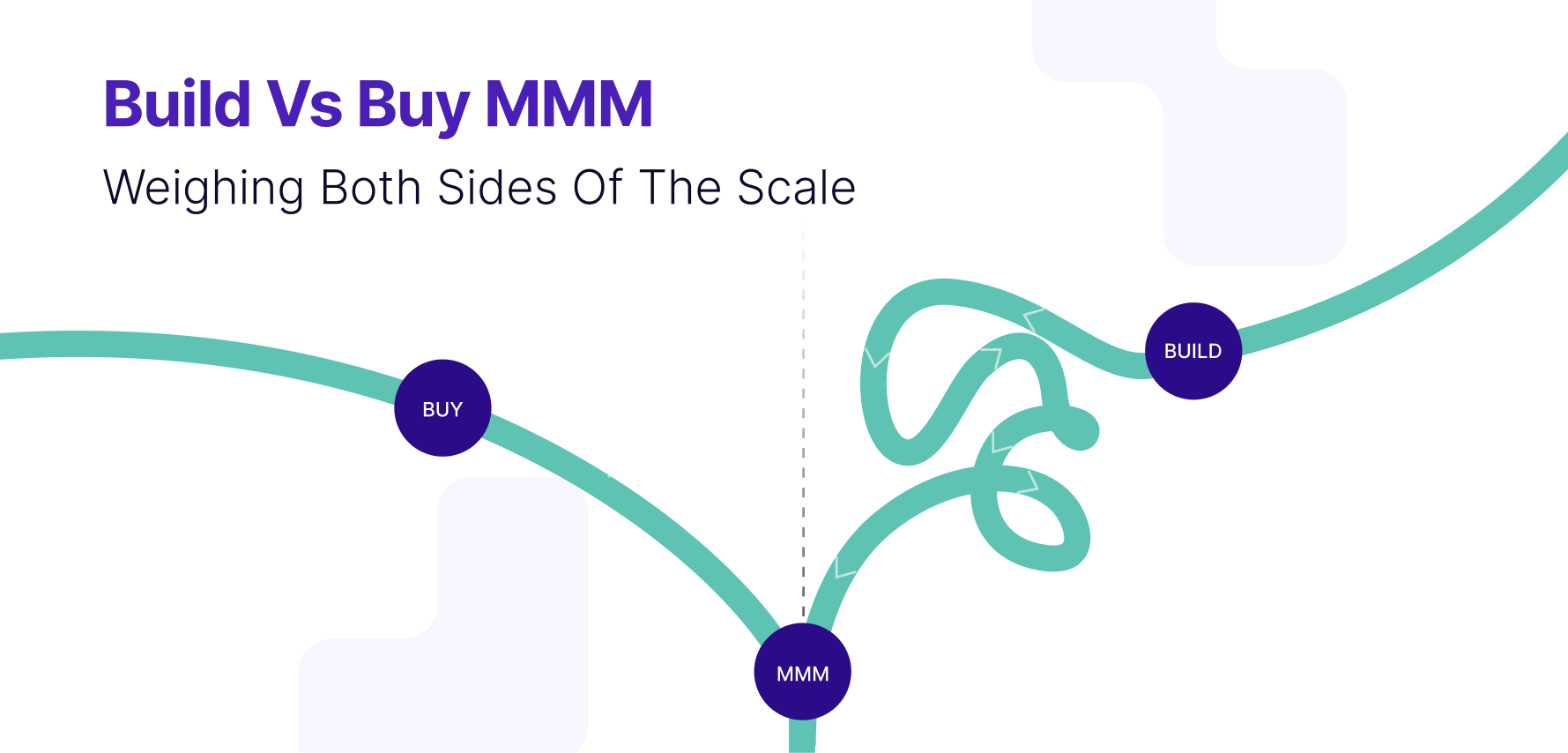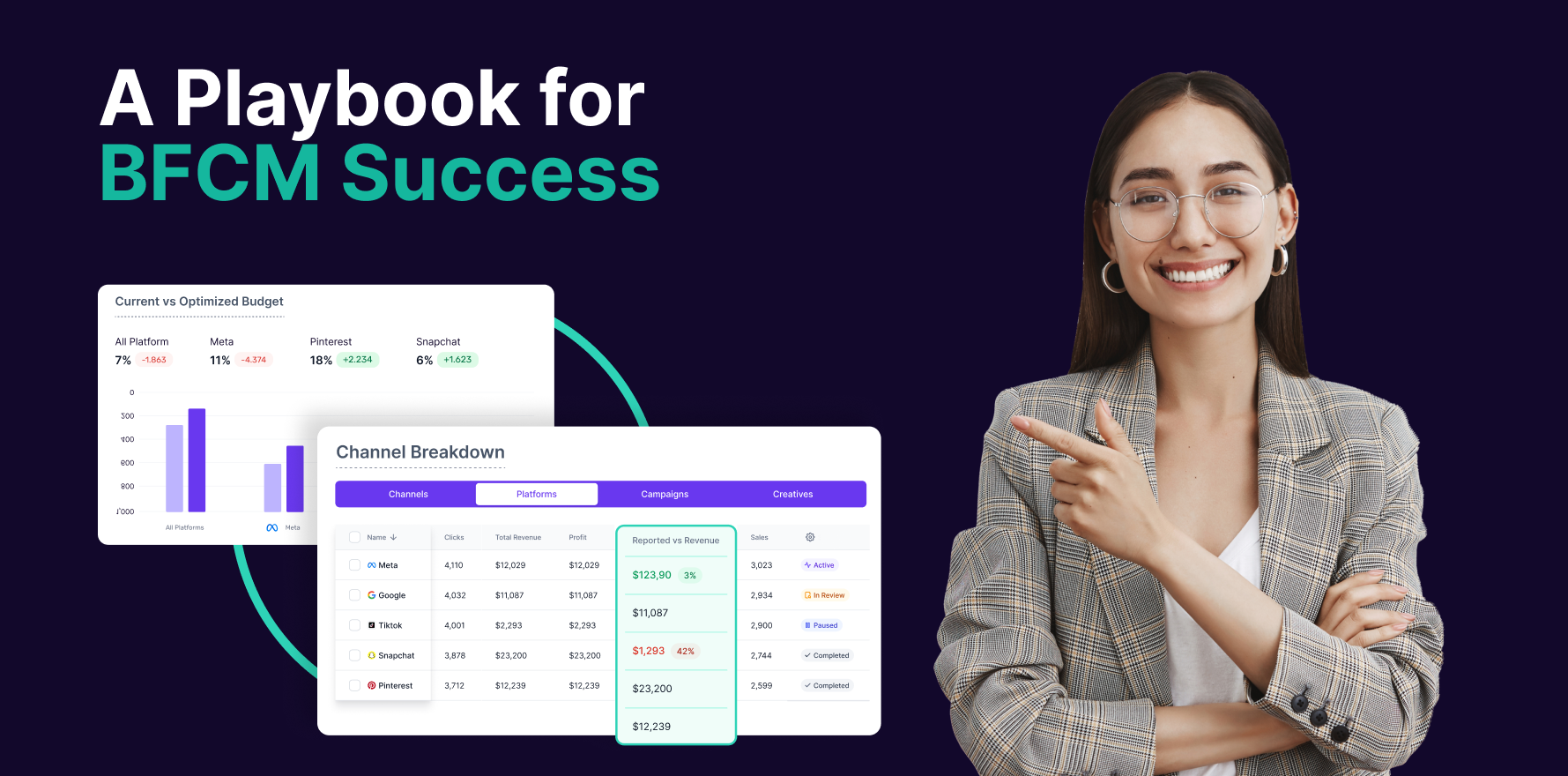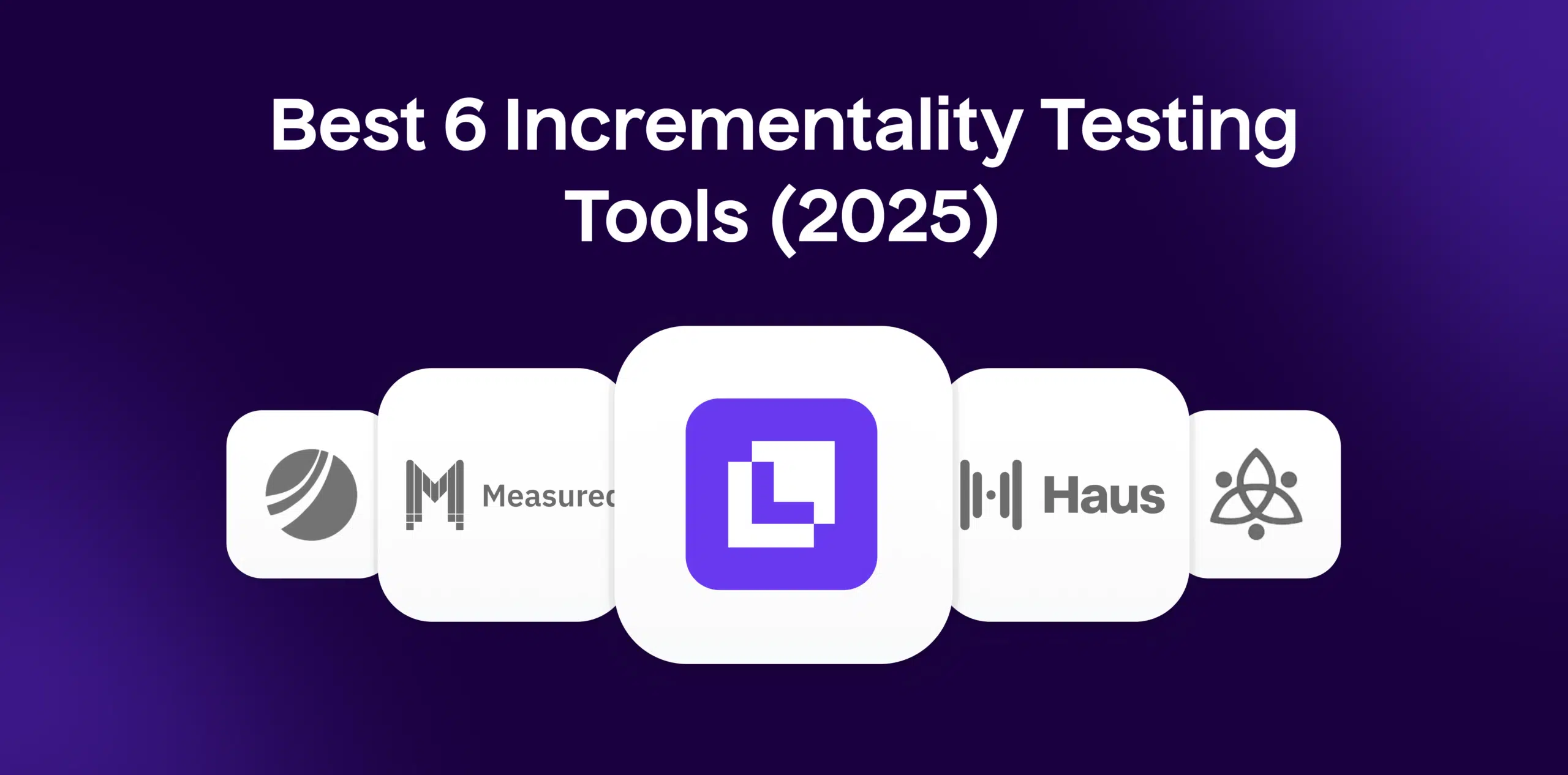What is Key Performance Indicator (KPI)?
KPIs are data-driven metrics that gauge core business performance over time. These values measure strategic, financial, and operational achievements, allowing businesses to assess their success toward specific objectives. In eCommerce, KPIs are used to track and analyze different aspects of the online business, helping decision-makers make informed and strategic decisions to improve the company’s performance and reach their goals successfully.
Formula
Example
A KPI will have its unique formula based on its purpose. For example, a Conversion Rate KPI can be computed by dividing the total number of conversions by the number of total ad interactions, then multiplying the result by 100%.
Why is KPI important?
KPIs are essential in eCommerce because they objectively measure a company’s performance. They provide actionable insights into what’s working and what’s not—helping businesses adapt their strategies to increase revenue, profitability, and customer satisfaction. KPIs also keep everyone in the company aligned toward achieving the same goals.
Which factors impact KPI?
Improving KPIs will depend on a company’s specific objectives. For instance, if the goal is to improve the conversion rate, tactics like streamlining the checkout process, offering multiple payment options, or optimizing product pages for SEO can be effective. Measurement and monitoring are crucial in any KPI improvement process.
How can KPI be improved?
Many factors can impact KPIs, including market trends, consumer behavior, competitive activities, and internal operations like site design, product offerings, or pricing strategy. Monitoring these influencing factors can provide crucial insights for strategic planning.
What is KPI’s relationship with other metrics?
KPIs often correlate with other eCommerce metrics, impacting one another. For example, a high shopping cart abandonment rate can lower the conversion rate KPI, while a well-executed customer service can improve the Net Promoter Score (NPS). Understanding these relationships can help businesses develop effective strategies across the board.
Free essential resources for success
Discover more from Lifesight
























































